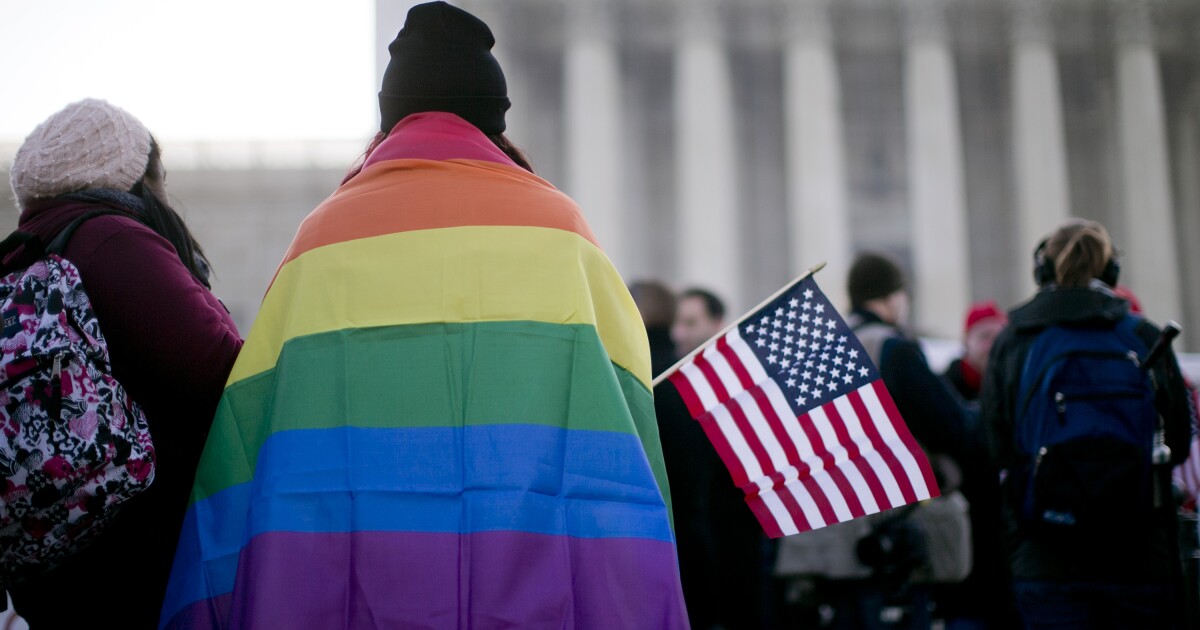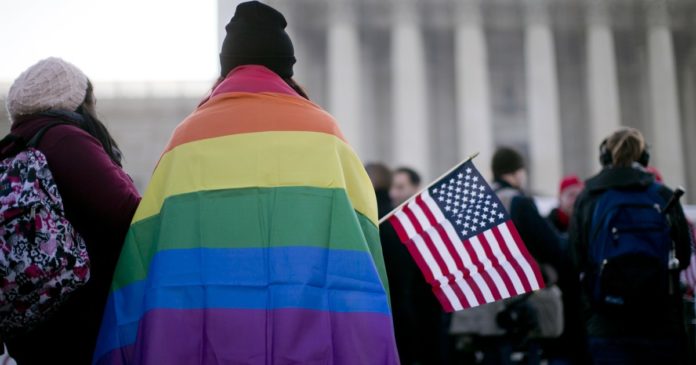
In a continued effort to expand healthcare offerings for the LGBTQ community, concierge healthcare provider Included Health partnered with the world’s largest social networking app for gay, bi, trans and queer people — Grindr.
As an employer-sponsored, free healthcare benefit, Included Health helps LGBTQ employees and dependents find clinically and culturally competent care. The partnership offers Grindr’s LGBTQ employees and their loved ones access to dedicated care coordinators who can help them find supportive, affirming healthcare providers and navigate challenges in the healthcare system.
“This partnership will help provide our LGBTQ employees with a positive experience by helping them find highly competent and compassionate healthcare providers,” said Grindr’s vice president of people, Heidi Schriefer, said in a press release. “Together, Grindr and Included Health can work toward creating a more inclusive space for the LGBTQ community in the U.S. healthcare system.”
Read more: ‘A basic human right’: Why your benefits may be failing your LGBTQ employees
Grindr employees will have a dedicated care coordinator who gets to know them and understands their unique healthcare needs. The coordinators will identify and evaluate healthcare providers, coordinate appointments and authorizations, navigate insurance issues and support members with any health and wellness needs — whether it’s finding insurance coverage for gender-affirming surgery or finding a doctor that celebrates a patient’s decision to use PrEP, an antiviral medication most often used as a preventative measure against HIV/AIDS.
“It just makes sense from our two organizations,” says Colin Quinn, CEO and co-founder of Included Health. “One, to raise the visibility of this issue for the community and two, to put pressure and ask other employers to do the same.”
Fifty-six percent of LGBTQ people report they have experienced discrimination by a healthcare provider and 29% of transgender people have been refused healthcare because of their gender identity, according to data provided by Included Health. That in turn can lead to distrust and healthcare avoidance — the LGBTQ community is 2-3 times more likely to avoid care compared to straight and cisgender populations.
Read more: LGBTQ workers feel excluded from benefits conversations, but employers can change that
For Quinn, this partnership is the affirmation he was seeking from the very community he set out to help. He says he feels hopeful that this idea can grow past individual partnerships and become commonplace in the healthcare industry.
“[Grindr] understands the need and the importance of a service like Included Health to further support their LGBTQ employees,” he says. “So it’s almost like somebody from within the community is recognizing and seeing and validating the importance of this.”








